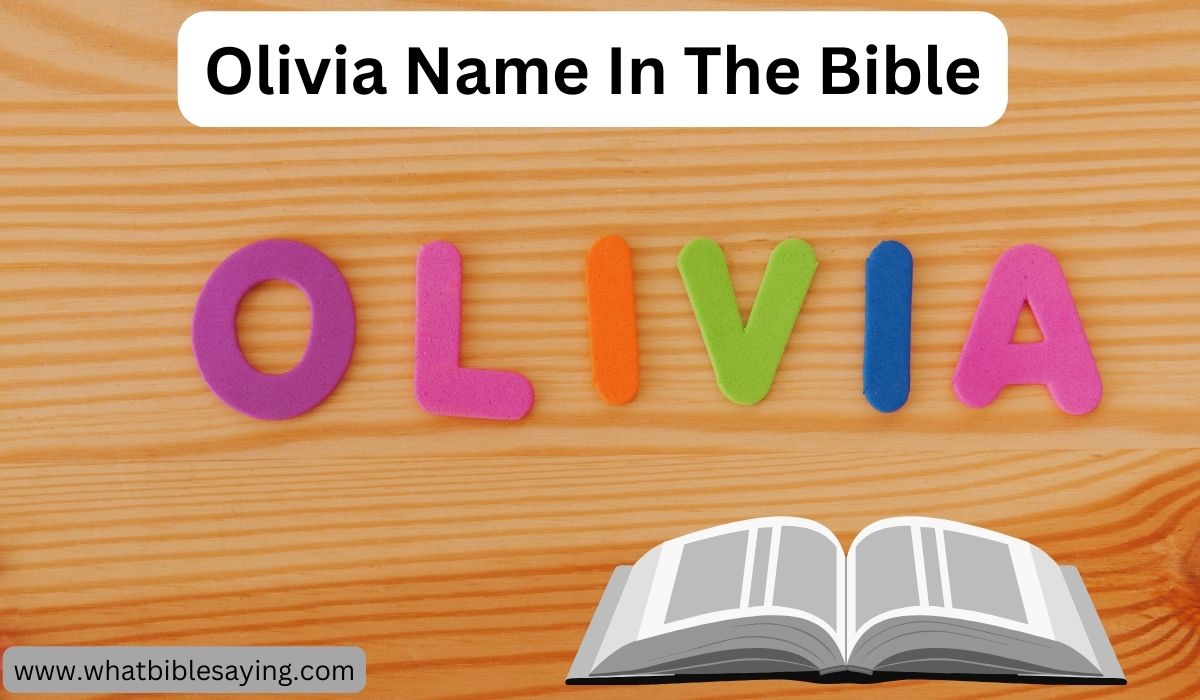 The Bible, a collection of sacred texts in Christianity, is filled with historical references and geographical locations that offer insights into ancient civilizations and their interactions with the people of Israel. One such place is Gebal, mentioned in the scriptures with a rich historical context. In this article, we delve into the identity of Gebal in the Bible, its geographical significance today, and the meaning behind its name. Join us as we explore these intriguing aspects, aiming to enhance our understanding of biblical history and its relevance to contemporary times.
The Bible, a collection of sacred texts in Christianity, is filled with historical references and geographical locations that offer insights into ancient civilizations and their interactions with the people of Israel. One such place is Gebal, mentioned in the scriptures with a rich historical context. In this article, we delve into the identity of Gebal in the Bible, its geographical significance today, and the meaning behind its name. Join us as we explore these intriguing aspects, aiming to enhance our understanding of biblical history and its relevance to contemporary times.
Who is Biblical Gebal?
Gebal in the Scriptures
Gebal, often referred to in ancient texts, appears in the Bible in the context of ancient geography and craftsmanship. Biblically, Gebal is noted for its skilled workers, particularly the “stone-squarers” or masons who were pivotal in building and maintaining important structures of the time. This reference can be found in the Book of Ezekiel, where the inhabitants of Gebal are mentioned as part of the vast trading network of Tyre, a major ancient Phoenician city.
Where is Gebal in the Bible Today?
Geographical Identification
Today, the ancient city of Gebal is better known as Byblos, located in present-day Lebanon. It is one of the oldest continuously inhabited cities in the world, with archaeological evidence dating back thousands of years. Byblos has a significant place in history for its contributions to the development of the Phoenician alphabet, which greatly influenced the spread of writing technology.
What Does the Name Gebal Mean?
Linguistic Roots and Significance
The name ‘Gebal’ is thought to derive from the Semitic root gbl, which means ‘mountain’ or ‘boundary’. Historically, this name reflects the geographic features of the area—marked by rugged terrains and natural borders. In the broader biblical narrative, names often hold symbolic meanings, and Gebal’s etymology underscores its physical and cultural fortifications.
What Nation is Gebal?
Historical Nation and Cultural Heritage
Gebal was part of the ancient Phoenician civilization, known for their seafaring and trading skills. The Phoenicians played a crucial role in the Mediterranean region’s cultural and economic dynamics. As a Phoenician city, Gebal contributed to the maritime and trade prowess that defined the civilization, influencing neighboring cultures and far-reaching territories through their navigational and commercial ventures.
Who Are the Gebalites Today?
Cultural Descendants and Legacy
The modern descendants of the Gebalites can be considered the inhabitants of Byblos, Lebanon. While much has changed since ancient times, the cultural heritage and historical continuity of Byblos continue to reflect its Phoenician roots. The city remains a testament to its rich history through its archaeological sites, preserved ancient scripts, and ongoing cultural festivals.
Gebal Meaning and Significance in Modern Context
Understanding Historical Continuity
The meaning of Gebal today transcends its ancient geographical and cultural identity, encompassing a broader appreciation for historical continuity and cultural heritage. For historians and biblically interested individuals, understanding Gebal offers insights into the complexities of ancient civilizations and their impact on modern identities and boundaries.
Gebal Today: A Glimpse into the Past and Present
Byblos: A Living Museum
Visiting Byblos today offers a unique blend of ancient history and modern life. The city serves as a living museum, where visitors can explore ancient ruins, visit museums, and participate in cultural events that celebrate both its Phoenician past and contemporary Lebanese culture.
As we explore biblical places like Gebal, we not only uncover the layers of history embedded within the texts but also connect these narratives to present-day locations and their enduring legacies. Such journeys through the Bible encourage us to reflect on the past’s influence on our current understanding and appreciation of history and culture. By learning about places like Gebal, we enrich our perspective on the Bible and its multifaceted teachings about humanity and divine interaction.












